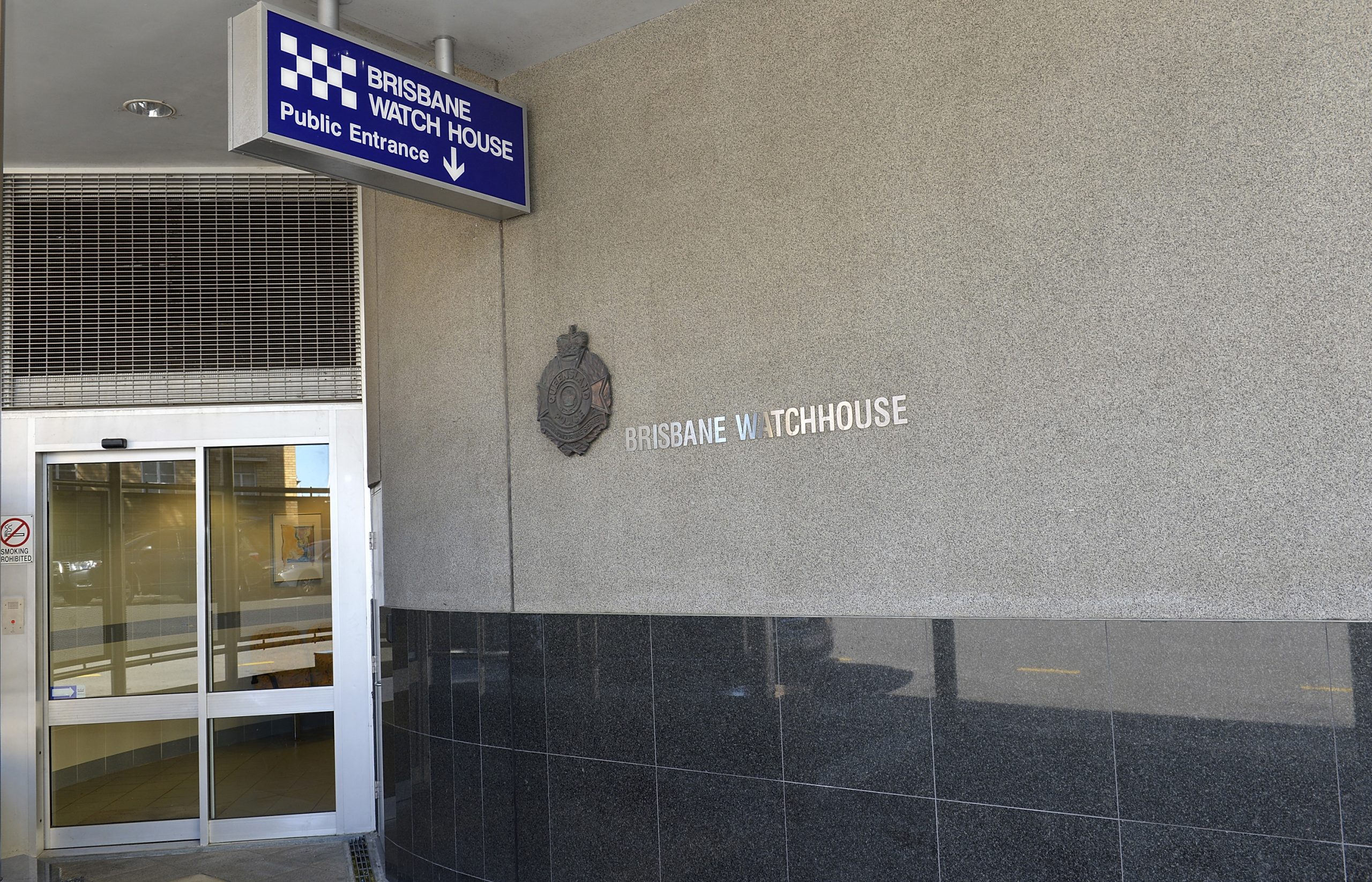
Warning: This story contains the name and images of a deceased Indigenous person.
The length of time prisoners can be held in watch houses should be drastically reduced, while funding for organisations supporting people in custody should be boosted, a coroner says.
Deputy State Coroner Stephanie Gallagher made the recommendations in findings of an inquest into the deaths of two women who died of natural causes in Queensland watch houses, with concerns raised about the care and supervision they received.
Indigenous woman Shiralee Deanne Tilberoo, known as Aunty Sherry, died at the Brisbane City Watch House on September 10, 2020, and Vlasta Wylucki was 50 years old when she died in the Southport Watch House on March 1, 2018.
READ MORE: Everything that’s about to change on July 1
She died from ischaemic heart disease due to coronary atherosclerosis.
Tilberoo, 49, died from a subarachnoid haemorrhage, due to a ruptured berry aneurysm.
Watch house officers who checked on both women recorded no problems when they appeared clearly unwell or their wellbeing could not be determined, Gallagher said in findings published on Thursday.
The women were also experiencing substance withdrawal – Tilberoo from heroin and Wylucki from alcohol.
Tilberoo was held for an “unusually long period” after being arrested on outstanding warrants relating to 56 offences.
Her family said she wasn’t able to overcome the trauma of the Aboriginal Protection Act era that filtered down the generations.
“They’d sit around table and talk about it, how their language was taken off them, how their cultural practices were taken off them, living at Woorabinda, these Aboriginal communities were concentration camps, you woke by the bell and you slept by the bell, you toileted by the bell,” the inquest findings quote them as saying.
Tilberoo refused food and medical services while waiting transfer to the Brisbane Women’s Correctional Centre which was taking up to five prisoners a day due to COVID-19 restrictions.
She was clearly deceased when an officer took breakfast to her cell about 6am four days after her arrest.
One officer who made seven false entries relating to inspections of Tilberoo was suspended from duty for six months before being redeployed, while the police Ethical Standards Command recommended three officers be referred over failure of duty.
Gallagher said she accepted failures to conduct checks were not done out of malice or racial prejudice.
Hundreds of people gathered at a vigil after Tilberoo’s death which was the first in the 20-year history of the Brisbane watch house.
READ MORE: Barnaby Joyce gives up alcohol and loses 15kg
Wylucki, a former nurse who was born in Croatia, was put in a cell about 6pm on February 28, 2018 after her arrest for contravening a domestic violence order.
Officers were unable to resuscitate her when she could not be roused about 12 hours later.
The inquest was told she was asked to put her mattresses on the floor when put into a single occupancy cell with another woman who was in the only bed.
Laura Wylucki had told the inquest finding out what happened to her mother was a huge shock.
“They all thought she went to sleep, and she did, and she never woke up,” she said.
The Ethical Standards Command found a high number of non-compliant physical checks, recommending disciplinary action against officers and audits to ensure procedures were being followed state-wide.
Gallagher accepted that officers should not be criticised for placing Wylucki in the single person cell which contributed to inadequate checks.
“The officers were operating in a challenging environment and were constrained by the resources and facilities provided to them by the QPS,” she said in her findings.
Gallagher recommended changes to legislation to minimise the time prisoners are held in watch houses from 21 days to 72 hours.
She also called for police working in watch houses to receive more training and medical staff be in person or available through technology 24 hours a day.
Gallagher recommended the government provide extra funding to organisations that support people in custody.
“Greater access by non-government organisations to persons in custody at watch houses will enhance external accountability and transparency.”
Readers seeking support can contact Lifeline on 13 11 14 or beyond blue on 1300 22 4636.
For 24/7 crisis support run by Aboriginal and Torres Strait Islander people, contact 13YARN (13 92 76).
links to content on ABC
9News





